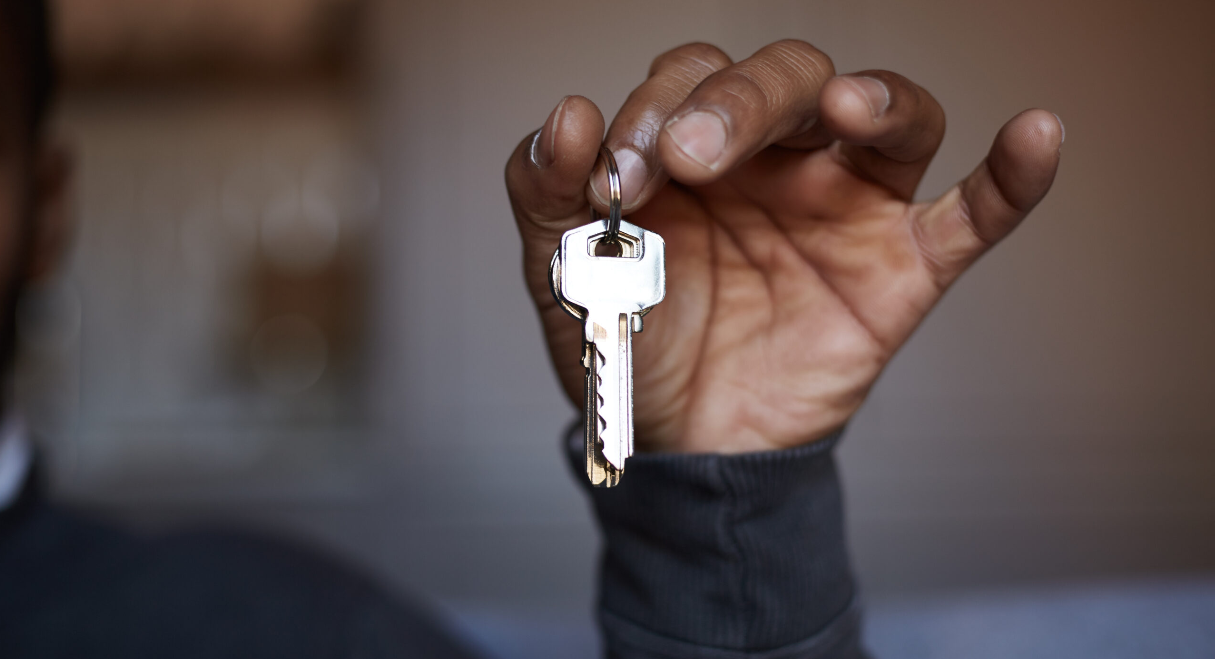by Dr. Anthony O. Kellum
In the pursuit of homeownership, Black Americans face systemic barriers that impede their progress at every stage of the process. From mortgage application rejections to appraisal discrimination, the road to owning a home remains disproportionately challenging for Black prospective buyers. Despite legislative efforts to address discrimination, the disparities persist, hindering Black Americans’ ability to build generational wealth.
According to the National Association of Real Estate Brokers (NAREB), Black loan applicants in the United States are more than twice as likely to be denied a home mortgage compared to their white counterparts. While both Black and white applicants experienced a slowdown in loan denials since the 2008 financial crisis, the gap between denial rates has widened significantly. Currently, 15% of Black applicants are denied mortgages, compared to 6% of white applicants.
The homeownership gap between Black and white Americans has also widened over the years. While nearly 45 percent of Black households own their homes, more than 74% of white households are homeowners. In 1970, the gap in homeownership between Black and white households was 24%, but today, it stands at 30%. This vast disparity in homeownership rates exacerbates the massive income gap between Black and white households. Home equity, the largest source of wealth for both groups, is significantly affected by discrimination in the housing market. In 2022, the average white family held 13 times the wealth of the average Black family. Despite presentative efforts like the Fair Housing Act of 1968, which outlawed racial discrimination in housing, discrimination and systemic racism persist across the country.
The state of Black housing, based on data from sources like the Home Mortgage Disclosure Act and census data, highlights some positive trends alongside persistent challenges. Black millennials, for instance, represented the largest segment of Black homebuyers in recent years, driven by factors such as low interest rates and remote work opportunities. However, mortgage application rates for both Black and white millennials dipped in 2021, with white millennials experiencing a steeper decline.
Interestingly, Black female prospective homebuyers are applying for and being approved for home loans at higher rates compared to previous years. In 2022, the number of applications from Black women surged by 14%, while applications from Black men declined. Despite this, Black applicants, particularly women, still trail behind their white counterparts in securing mortgages. The reasons for mortgage denials reveal further disparities. Debt-to-income ratio and credit history are cited as common reasons for denial, with Black applicants facing higher rates of rejection due to these factors compared to white applicants. Moreover, Black borrowers are more likely to rely on high-cost loans, further exacerbating the financial burden.
This underscores the enduring impact of historical racism and discrimination in federal housing policies, such as redlining and appraisal bias. While progress is being made, the barriers to Black homeownership remain formidable. I emphasize the need for comprehensive federal action to dismantle these systemic barriers and level the playing field. Until policies are reformed to address entrenched discrimination, the gap in homeownership between Black and white Americans will persist, thwarting efforts to achieve true equity in the housing market.
